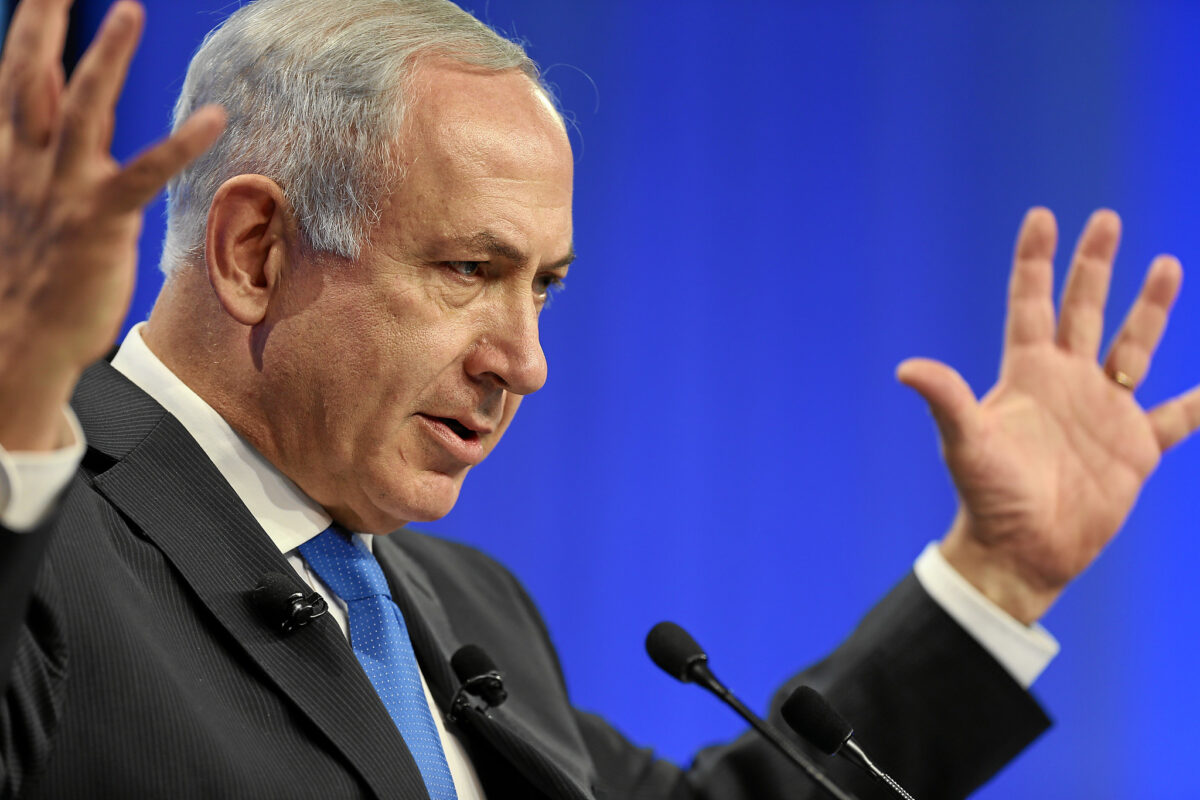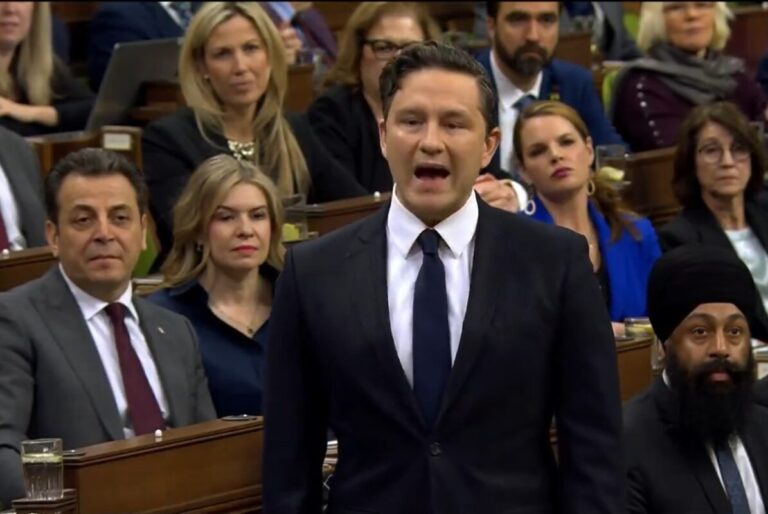The Israeli-Hamas conflict has been a longstanding issue in the Middle East, with both sides engaging in hostilities for years. In recent developments, there are indications that the International Criminal Court (ICC) is considering issuing arrest warrants for Israeli officials, including Prime Minister Benjamin Netanyahu. This article delves into the potential reasons behind the ICC’s actions and explores the broader context of the Israeli-Hamas conflict.
Background of the Israeli-Hamas Conflict
The Israeli-Hamas conflict traces its roots back to the establishment of Israel in 1948 and the subsequent displacement of Palestinians. Hamas, an Islamist political organization, emerged in the late 1980s as a resistance movement against Israeli occupation. Over the years, the conflict has been marked by cycles of violence, with both sides resorting to military operations and attacks.
The Role of the International Criminal Court
What is the International Criminal Court? The International Criminal Court (ICC) is a judicial institution established by the Rome Statute in 1998. Its mandate is to investigate and prosecute individuals responsible for the most serious crimes, including genocide, crimes against humanity, war crimes, and the crime of aggression.
ICC’s Involvement in the Israeli-Hamas Conflict The ICC’s involvement in the Israeli-Hamas conflict stems from its jurisdiction over crimes committed on the territory of states party to the Rome Statute or by their nationals. While Israel is not a party to the Rome Statute, the ICC asserts jurisdiction based on Palestine’s accession to the treaty in 2015. This move has been highly controversial, with Israel and its allies arguing that Palestine does not meet the criteria for statehood.
Israeli Officials’ Belief in Potential Arrest Warrants
Israeli Officials’ Concerns Israeli officials increasingly believe that the ICC is preparing to issue arrest warrants for senior government officials, including Prime Minister Benjamin Netanyahu. There are concerns that these warrants could be related to the prevention of humanitarian aid delivery to the Gaza Strip and the Israeli response to Hamas-led attacks.
Potential Charges and Hamas Leaders Israeli and foreign officials also speculate that the ICC might consider arrest warrants for Hamas leaders. This suggests that both sides of the conflict could face potential legal consequences for their actions.
The Controversial Decision and its Implications
Controversy Surrounding ICC’s Decision The ICC’s decision to assert jurisdiction over the Israeli-Hamas conflict has been met with considerable controversy. Critics argue that it undermines the court’s impartiality and interferes with the Israeli-Palestinian peace process. Supporters, on the other hand, see it as an essential step towards accountability for alleged human rights violations.
Impact on Israeli-Palestinian Relations The potential arrest warrants could further strain Israeli-Palestinian relations and complicate efforts to achieve a peaceful resolution. The conflict has already hindered trust-building measures and negotiations, and the ICC’s involvement may exacerbate these challenges.
International Reactions and Diplomatic Efforts
Israeli Response Israel vehemently opposes the ICC’s involvement and has taken steps to challenge its jurisdiction. The Israeli government argues that the court lacks jurisdiction over the Israeli-Palestinian conflict, as Palestine is not a recognized state.
International Support and Criticism The ICC’s decision has garnered mixed reactions from the international community. Some countries and human rights organizations support the court’s efforts to hold individuals accountable for alleged crimes. However, others criticize the ICC’s jurisdictional interpretation and express concerns about its potential impact on peace negotiations.
The Way Forward: Legal and Political Complexities
Legal Challenges The legal complexities surrounding the ICC’s jurisdiction over the Israeli-Hamas conflict are significant. The court must navigate intricate questions of statehood, territoriality, and the applicability of international law in this context.
Political Implications The ICC’s involvement in the Israeli-Hamas conflict also carries significant political implications. It adds another layer of complexity to an already intricate geopolitical landscape and could impact regional dynamics and alliances.
Photo Credit: World Economic Forum




Leave a Comment